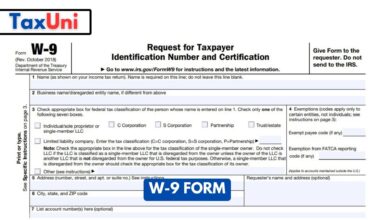Underpayment Penalty

The underpayment penalty has to do with the kind of tax system we have in the United States. The Internal Revenue Service requires taxpayers to pay their taxes during the course of the tax year gradually as opposed to making a single payment to pay it off.
The taxes are paid in two different ways, and this has to do with how you earn your income. If your income is subject to federal income tax withholdings, you’ll pay taxes through payroll. If not, you’ll have to estimate taxes and pay the IRS that way. It just depends on how you earn your income. Taxpayers that work for an employer pay taxes through federal income taxes withheld from their wages, and self-employed taxpayers pay by estimating tax liability and pay every quarter.
How does the underpayment penalty work?
The underpayment penalty occurs when you paid less than 90 percent of your tax liability during the tax year whether you pay through withholdings or estimated payments. It can also occur when you owe more than $1,000 in taxes, but this is different for farmers, fishermen, and highly compensated employees. For the 2021 tax year, a highly compensated employee is someone that earns more than $130,000.
Here is an example of the underpayment penalty.
Your tax liability is $6,000 and you paid $3,500 through estimated tax payments. You have $2,500 in unpaid taxes. With the 5% penalty rate, rather than paying $2,500 which is the amount you owe, you’ll pay $2,625 in total. Having said that, make sure that you’re up to your tax payments, not just the deadline to pay but the amount as well.
The same applies to those who are withholding less tax than needed.
How to avoid underpayment penalty?
The answer to the question is obvious – pay more in taxes. The same as you want to ensure you’re paying enough though, you shouldn’t pay significantly more. For example, if you’re expecting to pay $5,000 in total tax payments, don’t go and pay $8,000. You will get the excess amount paid in taxes, but there is no need to loan your money away to the government. You should pay more than your liability to ensure you don’t end up owing but not too much to the point you’re reducing your cash flow. Moderation is the key to paying taxes, just as it’s the key with everything else.





